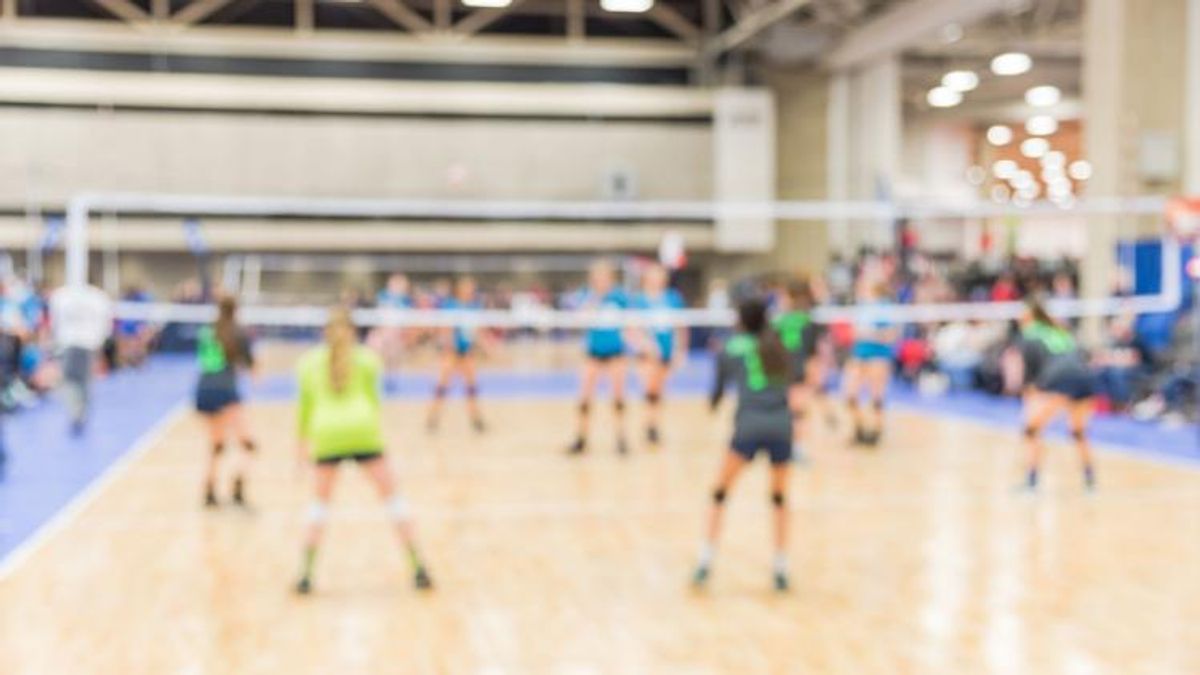All high school girls' volleyball teams in the Cherokee County School District in North Carolina are forfeiting their remaining games this season against a school that has a transgender player.
The decision came after a player on the Hiwassee Dam High School team was injured by a ball spiked by a player on the Highlands School team, according to station WTVC in neighboring Chattanooga, Tenn. Other sources have identified the spiker as a transgender girl; notes from a Cherokee County Board of Education meeting from September 21 call her a "biological male."
There was much public comment at the meeting. One speaker, Steve Colemen, claimed that the presence of a "biological male" posed risks to girls and that he feared "biological males" would over girls' sports. Another commenter, Jason Murphy, "stated to the Board that he hoped they voted on this issue based on their morals, ethics and Christian upbringing," as related in the notes.
But Amanda Johnson, who coaches girls' volleyball at Murphy High School in the Cherokee County district, said there is a risk of injury in any sport due to a variety of factors. She wondered if a cisgender girl hit the ball harder than the trans player in question, should the games against that team be forfeited?
Another Murphy volleyball coach, Jordan Lovingood, said her team had played against Highlands and the trans player and that none of her players wanted to forfeit the games. Lovingood also "stressed how we are teaching inclusion and acceptance in our schools, yet making a decision to not play a team based on sex," according to the notes.
In the end, however, the board approved forfeiting the games against Highlands. The North Carolina High School Athletic Association is going to take up the issue of gender at some point, Murphy High School Principal Lisa Fletcher said at the meeting -- specifically, whether student athletes should be required to compete under their gender assigned at birth.
To date, 18 states have passed laws barring trans students from participating on the school sports teams designated for their gender identity. Some of them affect trans girls only, while others affect trans boys as well. Some of them include state colleges and universities in addition to public elementary and secondary schools. North Carolina is not among these states.
Scientists and LGBTQ+ activists have disputed the assumption that trans female athletes have an innate and unfair advantage over cisgender ones. They also have pointed out that trans-exclusionary sports laws further stigmatize an already marginalized population.












































































